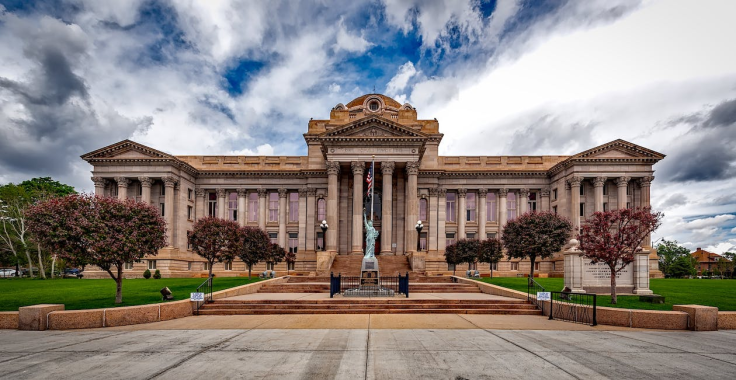After over a year of legal battles, a federal antitrust lawsuit against 17 prestigious universities has seen further developments as more institutions, including Brown, Columbia, Duke, and Yale, have reached preliminary settlement agreements.
This marks a significant chapter in a case that alleges collusion on financial aid formulas, favoring affluent applicants and overcharging students for tuition. The settlements raise questions about the integrity of need-blind admissions and the potential financial impact on affected students.

The Lawsuit and Allegations
The lawsuit, brought forth by a group of former students against the 568 Presidents Group, comprising 17 universities, alleges that these institutions, despite their need-blind status, considered family finances in admissions decisions. This purported collusion on financial aid formulas is claimed to have resulted in overcharging students for years, affecting as many as 200,000 students. The universities under scrutiny, including Ivy League and other prestigious institutions, are accused of violating antitrust laws by creating an environment that favored wealthier applicants.
Settlements and Financial Implications
The latest settlements from Brown, Columbia, Duke, and Yale follow the University of Chicago, Rice, and Vanderbilt, which settled earlier. The known settlement amounts exceed $151 million, with Rice's settlement being the highest at $33.7 million. Columbia and Duke have agreed to preliminary settlements of $24 million each, while Brown settled for $19.5 million, and Yale and Emory for $18.5 million each. These settlements raise concerns about the financial burden on universities and potential repercussions for students.
Legal Perspective and Future Implications
Legal counsel for the plaintiffs, representing the former students, emphasizes the importance of holding institutions accountable. The allegations of collusion on financial aid formulas strike at the heart of the need-blind admissions system, raising questions about its efficacy and transparency. The settlements, while denying any wrongdoing, suggest a willingness among some universities to resolve the matter outside the courtroom. The case's outcome may set a precedent for future legal actions against universities on similar grounds.
University Responses and Denials
In response to the settlements, universities such as Brown, Vanderbilt, Emory, Yale, and Columbia have vehemently denied any wrongdoing. Brown, for instance, stated that the claims had no merit and that ongoing litigation would divert significant resources. Vanderbilt and Emory similarly expressed their belief in the lack of merit in the plaintiffs' claims but opted for settlements to maintain their focus on education.
Yale underscored its commitment to need-blind admissions, emphasizing its tradition of providing financial aid that meets the full needs of students. Columbia defended its participation in the 568 Group, stating that it aimed to benefit students, while Duke denied all allegations of wrongdoing and liability, settling to avoid prolonged litigation.
Implications for Higher Education
The ongoing legal saga highlights the challenges universities face in balancing financial considerations, admissions practices, and the principles of need-blind admissions. The settlements raise questions about the financial health of these prestigious institutions and their ability to weather substantial legal payouts. Additionally, the case prompts a broader conversation about the ethical responsibilities of universities, particularly those with considerable endowments, in ensuring equitable access to education.
Remaining Defendants and Unanswered Questions
Nine defendants, including Caltech, Cornell, Dartmouth, Georgetown, MIT, Northwestern, Notre Dame, Penn, and Johns Hopkins, have not reached settlements and did not respond to requests for comment. Their response, or lack thereof, leaves the outcome of the lawsuit uncertain. The legal proceedings against these universities could shape the future landscape of admissions practices and financial aid policies in higher education.
As more elite universities opt for settlements in the face of the antitrust lawsuit, questions about the integrity of the need-blind admissions system persist. The financial implications of these settlements, coupled with the universities' denials of wrongdoing, add complexity to an already intricate legal battle. As the case unfolds, the higher education community awaits the court's decisions and potential ramifications for admissions practices and financial aid policies across the nation.
© 2025 University Herald, All rights reserved. Do not reproduce without permission.








